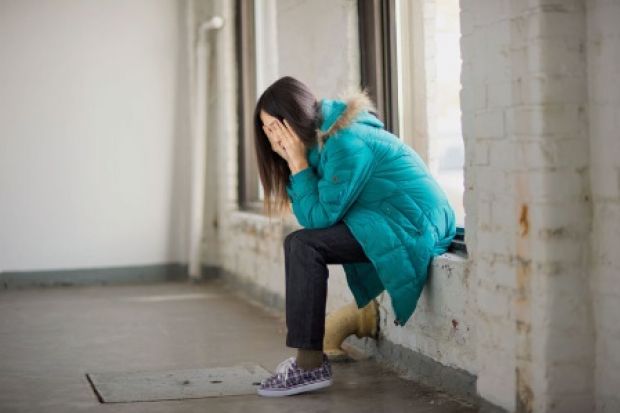University staff and students who have lost a friend or relative to suicide are at far higher risk of leaving work or study, new figures suggest.
In a study of almost 3,500 university staff and students in the UK who had been bereaved, researchers at University College London found that those whose loved ones had died through suicide were 80 per cent more likely to drop out of their job or studies than those where death was from other causes.
In total, 8 per cent of the people bereaved by suicide had dropped out of an educational course or a job since the death, according to the results published in the journal BMJ Open.
In addition, those who had lost a friend or family member to suicide were 65 per cent more likely to make a suicide attempt themselves, with the absolute risk for this group put at one in 10.
“Our results highlight the profound impact that suicide might have on friends and family members,” says the study’s author, Alexandra Pitman, an honorary research associate at UCL’s Division of Psychiatry and a consultant psychiatrist.
“However, these outcomes are by no means inevitable. If you have been bereaved by suicide, you should know that you are not alone and that support is available.”
Colleagues of those affected by suicide can also help by “offering practical help with day-to-day activities”, said Dr Pitman.
“Employers should be aware of the significant impact that suicide bereavement has on people’s working lives and make adjustments to help their staff return to work,” she said.
Addressing the social stigma attached to suicide bereavement may also help to limit its impact on people’s lives, Dr Pitman added.
“British people can be very uncomfortable talking about death, and suicide in particular is often perceived as a taboo subject,” she said.
“Avoiding the subject can make a bereaved person feel very isolated and stigmatised, and sometimes even blamed for the death.”
The study suggests that a history of suicide among non-blood relatives and friends should also be considered when assessing suicide risk.
Asking about the impact of a suicidal loss will also give professionals a sense of how it has affected a person’s day-to-day functioning, and whether feeling stigmatised has prevented them from accessing help, it adds.
Register to continue
Why register?
- Registration is free and only takes a moment
- Once registered, you can read 3 articles a month
- Sign up for our newsletter
Subscribe
Or subscribe for unlimited access to:
- Unlimited access to news, views, insights & reviews
- Digital editions
- Digital access to THE’s university and college rankings analysis
Already registered or a current subscriber? Login





